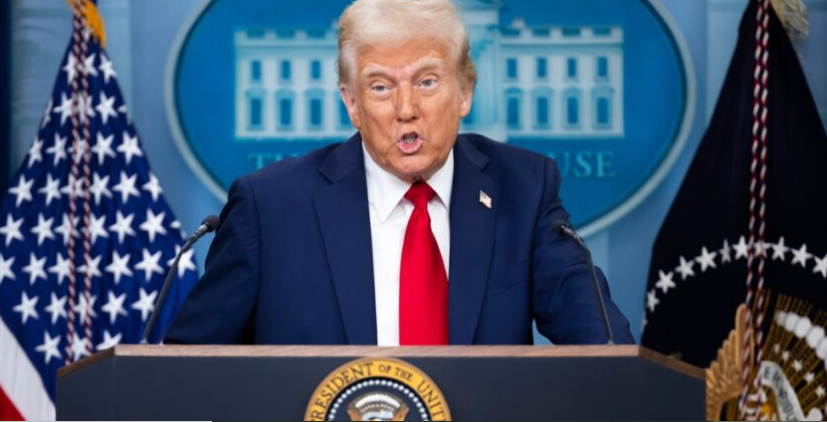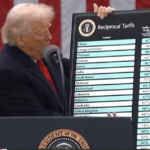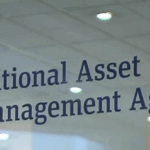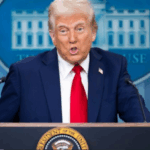The global economy is heading toward its slowest decade of growth since the 1960s, the World Bank has warned, citing rising trade tensions, political uncertainty, and weakening international cooperation as major obstacles to recovery.
In its latest Global Economic Prospects report, the World Bank cut its forecast for global GDP growth in 2025 to 2.3% — a downward revision of 0.5 percentage points from earlier projections. If current trends persist, the 2020s are on track to record average global growth of just 2.5%, the lowest in over six decades.
The report attributes much of the slowdown to a return of aggressive US tariff policies and the growing strain on international economic institutions. “The path to a soft landing post-pandemic has been disrupted,” the report notes, highlighting the ripple effects of renewed US protectionism under former President Donald Trump’s second term.
The impact is widespread, with growth forecasts downgraded for nearly three-quarters of all countries. The US economy, which grew 2.8% last year, is now expected to slow to just 1.4% in 2025 — a full percentage point drop from January estimates. Europe’s outlook also weakened, with the eurozone projected to grow by only 0.7% this year, while China’s expected growth was revised down to 4.5%, short of its 5% target.
Indermit Gill, the World Bank’s Chief Economist, issued a stark warning: “Outside of Asia, the developing world is becoming a development-free zone.” He pointed out that growth in developing economies has declined steadily from 6% in the 2000s to less than 4% in the current decade.
The Bank urged governments to dismantle trade barriers, boost productivity through investment, and recommit to multilateral cooperation. It estimated that halving tariffs introduced since May 2025 could raise global growth by 0.2 percentage points annually over the next two years.
The report also addressed political dynamics in Washington, noting increasing scepticism from the Trump administration toward global institutions like the World Bank and IMF. In a significant policy shift, the World Bank is reportedly preparing to lift its longstanding restriction on funding nuclear energy projects, a move widely seen as a concession to US pressure.
Despite these changes, the overall outlook remains grim. “The world economy has not only failed to rebound from the shocks of the pandemic and energy crises,” the report concludes, “but it is at risk of settling into a new normal of persistent underperformance.”
With the upcoming G7 and G20 summits and a US election on the horizon, the World Bank’s findings are expected to intensify calls for renewed clarity and coordination on global economic policy.









